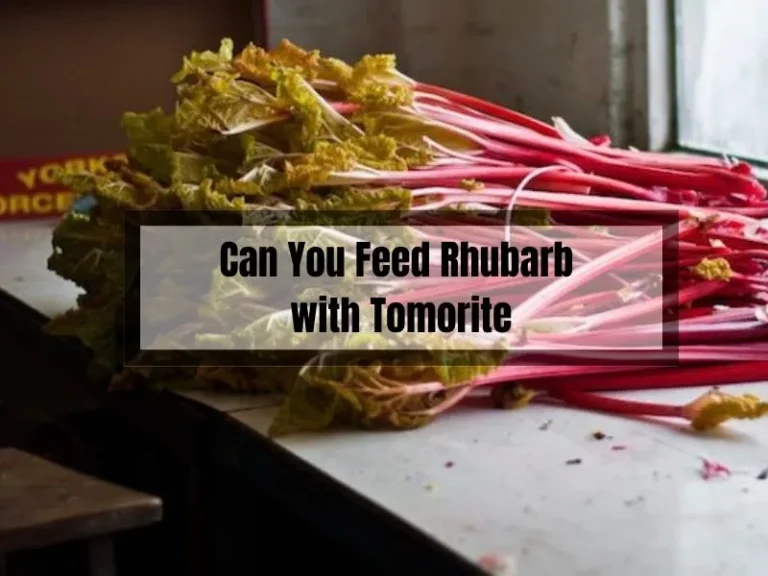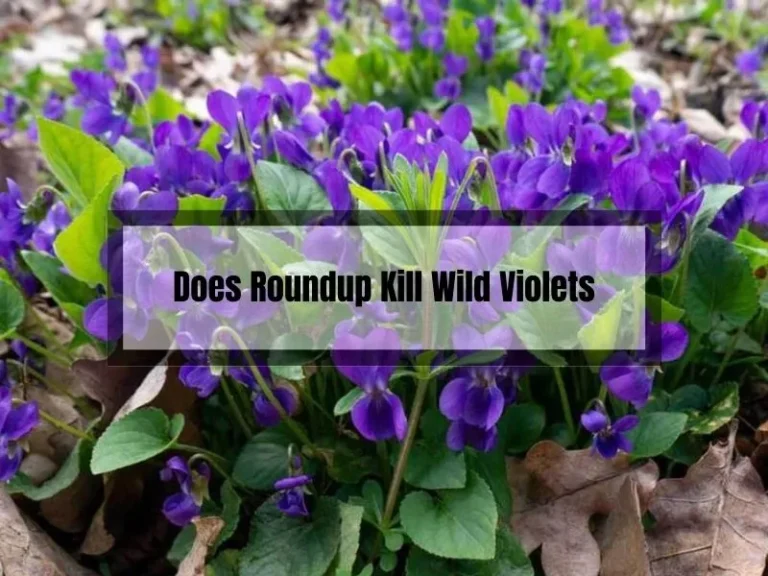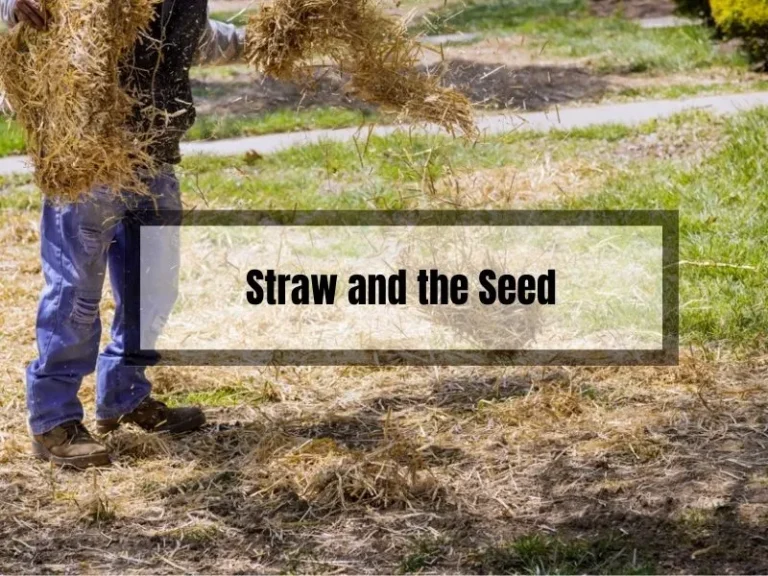Can I Use Regular Potting Soil for African Violets? A Friendly Guide
If you’re a fan of African violets, you’re probably aware that they require a specific type of soil to thrive. But what if you don’t have access to specialized African violet potting mixes? Can you use regular potting soil instead? The answer is yes, but with some important caveats.
Regular potting soil can be too dense for African violets, which require a light, well-draining mix. However, you can modify regular potting soil to make it more suitable for these delicate plants.
Adding perlite, vermiculite, or peat moss can help improve drainage and aeration, while also providing nutrients. Keep in mind that African violets prefer slightly acidic soil, so you may need to adjust the pH level of your modified potting mix accordingly.
Key Takeaways
- Regular potting soil can be used for African violets with some modifications.
- Adding perlite, vermiculite, or peat moss can improve drainage and aeration.
- Adjusting the pH level of the soil may be necessary to meet the needs of African violets.
Regular Potting Soil vs. Specialized Mixes
Components of Regular Potting Soil
If you’re wondering whether you can use regular potting soil for African violets, the answer is not straightforward. Regular potting soil usually contains a mix of peat moss, vermiculite or perlite, and sometimes added fertilizers.
While these components can be suitable for many plants, African violets have specific requirements that regular potting soil may not meet. For example, regular potting soil is usually too dense and can retain too much moisture, leading to root rot. Additionally, the pH level of regular potting soil may not be ideal for African violets, which prefer slightly acidic soil.
Benefits of Specialized African Violet Mixes
Specialized African violet mixes are formulated specifically for these plants and have several benefits over regular potting soil.
These mixes usually contain a higher percentage of perlite or vermiculite, which improves drainage and aeration. They also have a lower pH level, which is more suitable for African violets. Additionally, specialized mixes often contain added nutrients, such as calcium and magnesium, which are essential for healthy growth.
While you can technically use regular potting soil for African violets, it’s not recommended. Specialized African violet mixes have been developed to provide the optimal growing conditions for these plants and can help ensure their health and longevity.
Modifying Regular Potting Soil
If you have regular potting soil lying around and want to use it for your African violets, you can modify it to make it suitable for your plants. Here are some ways to adjust the soil:
Adjusting pH Levels
African violets prefer slightly acidic soil with a pH range of 6.0 to 6.5. You can adjust the pH level of regular potting soil by adding peat moss or sulfur. Mix one part peat moss or sulfur with three parts of regular potting soil to achieve the desired pH level.
Enhancing Drainage
Good drainage is crucial for African violets as they don’t like to sit in water. Regular potting soil can be too dense and retain too much moisture.
To enhance drainage, add perlite or vermiculite to the soil mix. Mix one part perlite or vermiculite with three parts of regular potting soil to improve drainage.
Adding Nutrients
African violets need nutrients to grow and bloom. Regular potting soil may not have enough nutrients to support your plants.
You can add nutrients to the soil by mixing in compost or a slow-release fertilizer. Mix one part compost or slow-release fertilizer with three parts of regular potting soil to provide adequate nutrients.
In summary, modifying regular potting soil can be a cost-effective way to provide suitable soil for your African violets. By adjusting the pH level, enhancing drainage, and adding nutrients, you can create a soil mix that will support the growth and blooming of your plants.
Potting and Repotting African Violets
When it comes to potting African violets, it’s important to choose the right container and potting mix. African violets prefer a light, well-draining soil that is slightly acidic. Regular potting soil may not meet these requirements, so it’s best to use a soilless mix specifically formulated for African violets.
Choosing the Right Container
The container you choose for your African violet is just as important as the potting mix. It’s best to use a container that is slightly larger than the plant’s root ball. African violets prefer shallow containers, so choose a pot that is no more than 1/3 the height of the plant.
When selecting a container, make sure it has drainage holes to prevent water from accumulating in the soil. It’s also a good idea to use a saucer to catch excess water and prevent it from sitting in the pot.
Step-by-Step Potting Guide
- Choose a soilless mix specifically formulated for African violets.
- Fill the bottom of the container with a layer of potting mix.
- Gently remove the African violet from its current container and loosen any tangled roots.
- Place the plant in the new container and fill in the sides with potting mix, making sure to leave about 1/2 inch of space at the top.
- Water the plant thoroughly and allow excess water to drain out of the bottom of the pot.
- Place the pot in a bright, indirect light location and avoid direct sunlight.
- Water the plant again when the soil feels dry to the touch.
When it comes to repotting African violets, it’s best to do so every 6-12 months. If the plant has outgrown its container or the soil has become compacted, it’s time to repot. Follow the same steps as above, but make sure to choose a container that is only slightly larger than the current one.
Ongoing Soil Maintenance
To keep your African violets healthy and thriving, ongoing soil maintenance is essential. This includes proper watering techniques and a fertilizing schedule.
Watering Techniques
African violets require regular watering, but it’s important not to overwater them. Overwatering can lead to root rot and other issues. A good rule of thumb is to water your African violets when the top inch of soil feels dry to the touch.
When watering, pour water directly onto the soil, avoiding the leaves and flowers. This can help prevent water spots and fungal growth. It’s also important to use room temperature water, as chilled water can damage the leaves.
Fertilizing Schedule
African violets benefit from regular fertilization to promote healthy growth and vibrant blooms. It’s recommended to fertilize your African violets every 2-4 weeks during the growing season (spring and summer) and every 6-8 weeks during the dormant season (fall and winter).
When choosing a fertilizer, look for one specifically formulated for African violets. These fertilizers typically contain a balanced ratio of nitrogen, phosphorus, and potassium. Follow the instructions on the fertilizer package for the proper amount and frequency of application.
By following these ongoing soil maintenance tips, you can help ensure your African violets stay healthy and beautiful.
Frequently Asked Questions
What is the best type of soil to use for African violets?
African violets require a well-draining soil that is also moisture-retentive. A soil mix that is specifically formulated for African violets is best, but you can also create your own mix. A good mix should include peat moss, perlite, and vermiculite. You can also add some sand or charcoal to improve drainage.
How do I choose the right fertilizer for my African violets?
African violets require a balanced fertilizer that is high in phosphorus. You can choose a fertilizer that is specifically formulated for African violets. Alternatively, you can use a general-purpose fertilizer that is high in phosphorus. Avoid fertilizers that are high in nitrogen, as this can promote leaf growth at the expense of flower production.
Is Orchid potting mix suitable for growing African violets?
Orchid potting mix is not recommended for growing African violets. While both plants require a well-draining soil, orchids prefer a more open mix that is high in bark and other coarse materials. African violets require a finer mix that is high in organic matter.
What are the benefits of using a specialized African Violet potting mix?
A specialized African Violet potting mix provides the ideal growing conditions for African violets. It is formulated to provide the right balance of moisture retention and drainage. It also contains the right nutrients and pH level for optimal growth and flowering.
Can African violet potting mix be used for other houseplants, like aloe vera?
African violet potting mix is not recommended for other houseplants. It is formulated specifically for the needs of African violets and may not provide the right growing conditions for other plants. It is best to use a potting mix that is formulated for the specific needs of the plant you are growing.
Are there specific pot sizes or types recommended for African violets?
African violets prefer to be grown in small pots, as they like to be slightly root-bound. A pot that is 4-6 inches in diameter is ideal for most African violets. A pot with drainage holes is also important to prevent water from accumulating in the soil and causing root rot.





